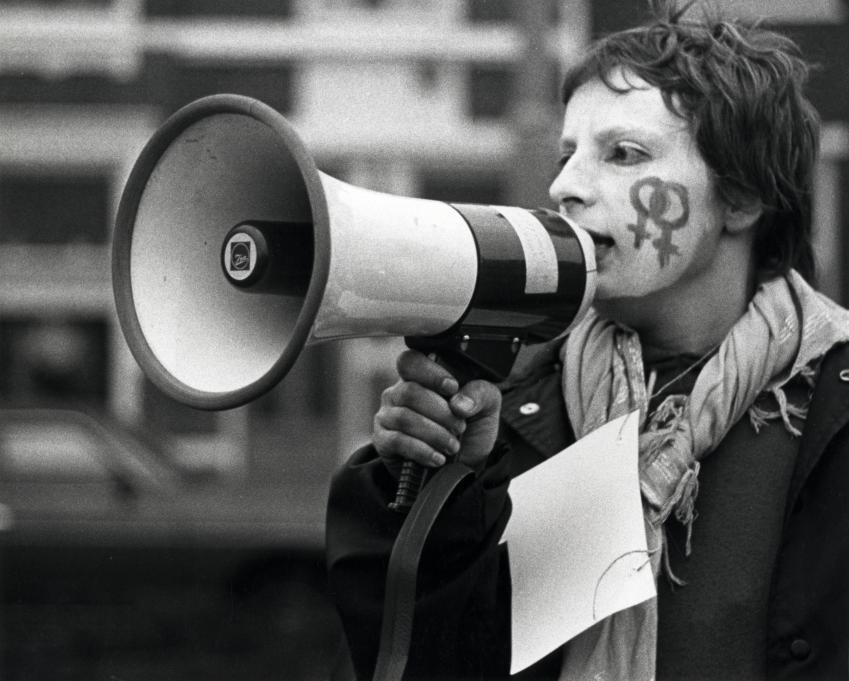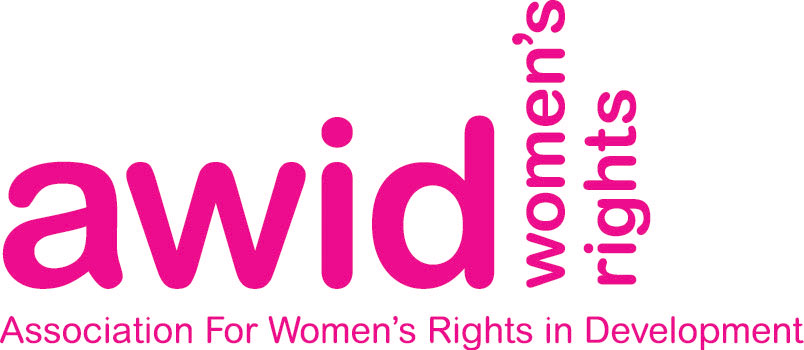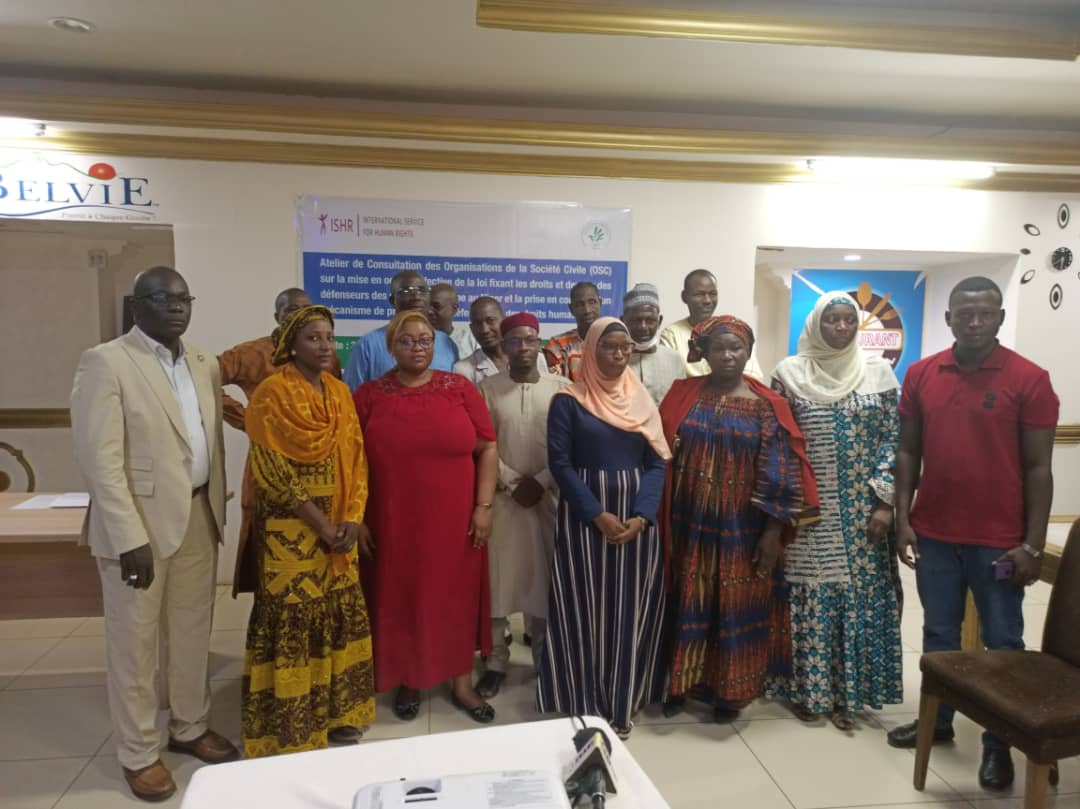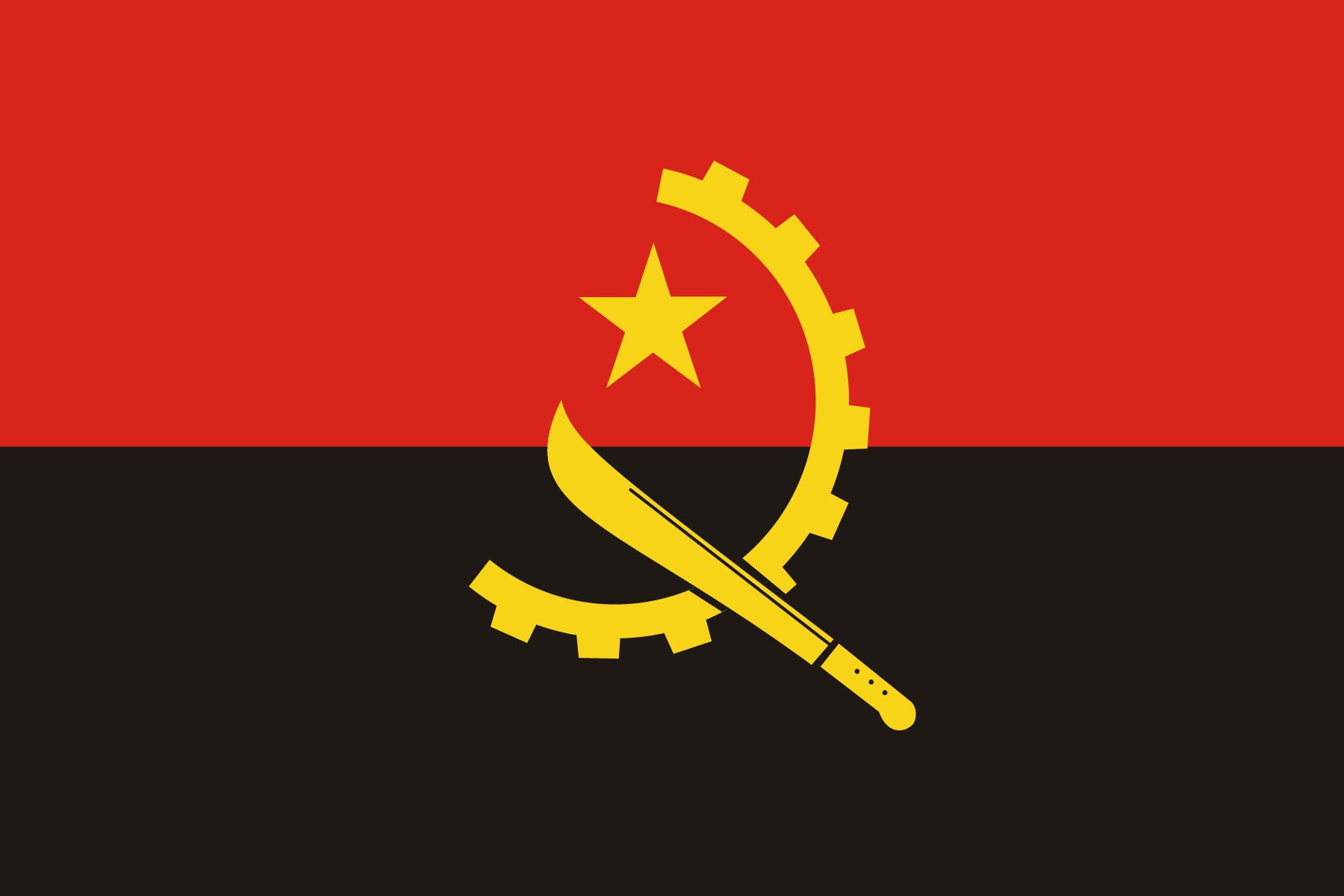(New York) – The adoption of the first-ever resolution on women human rights defenders by the United Nations General Assembly’s Third Committee is a step forward in protecting those who face risks and attacks for their work to promote human rights, including women’s rights, Amnesty International (AI), the Association for Women’s Rights in Development (AWID), the International Service for Human Rights (ISHR), and JASS (Just Associates) said today. Unofficial translations of the resolution are available in Portuguese, Swahili and Tamil.
However, it is deeply regrettable that this last minute consensus came at the expense of a crucial paragraph containing language calling on States to condemn all forms of violence against women and women human rights defenders, and to refrain from invoking any customs, tradition or religious consideration to avoid obligations related to the elimination of violence against women. Such language had previously been agreed to by the General Assembly in Resolution 67/144 on the Intensification of Efforts to Eliminate All Forms of Violence Against Women. It is ironic that such language could not be included in the very week of the International Day for the Elimination of Violence against Women, marked on 25 November.
‘The protection of women human rights defenders is essential for peace, security, development and the respect of all our human rights,’ said Eleanor Openshaw from ISHR’s Women Human Rights Defender Program.
‘Women human rights defenders challenge gender inequality and stereotypes, advance sexual and reproductive rights and promote women’s empowerment and participation. They often also challenge religious and cultural interpretations which subordinate, stigmatise or restrict women,’ Ms Openshaw said.
‘The Norwegian-led resolution recognises that, because of who they are and the nature of their work, women human rights defenders in all regions of the world face significant violations and abuses, from smear campaigns to sexual and gender-based violence,’ said Nicole Bjerler of Amnesty International’s UN Office in New York.
‘The resolution urges States to put in place gender-specific laws and policies for the protection of women human rights defenders and to ensure that defenders themselves are involved in the design and implementation of these measures,’ Ms Bjerler said, adding that ‘Effective implementation of such measures by States will be key to enabling women human rights defenders to carry out their important and legitimate work.’
The resolution also calls on States to protect women human rights defenders from reprisals for cooperating with the UN and to ensure their unhindered access to and communication with international human rights bodies and mechanisms.
Several aspects of the resolution were fiercely debated during negotiations, with African and several Asian States arguing that the text should focus more on the duties and responsibilities of those who defend rights and should not create special rights or privileges for certain groups of defenders.
Countering this, Marisa Viana, Manager of Young Feminist Activism at AWID, said, ‘Protecting human rights defenders is not a matter of creating new rights. It is about States’ commitments to enable defenders to do their legitimate and vital work in our communities without fear of reprisals or attack.’
Also contentious were important references in the initial draft acknowledging the risks faced by those working on issues of sexual and reproductive health, reproductive rights and matters related to sexuality. These references were excluded in later drafts of the resolution as a result of opposition voiced by a number of States from Africa, Asia and the Holy See. It is regrettable and disappointing that the main sponsors and others were not able to secure specific language related to women human rights defenders working on these critical issues in the final text of the resolution.
‘Women human rights defenders working on sexual and reproductive rights and matters related to sexuality are often targeted for attack due to the continued legalized discrimination in many countries across the globe,’ said Cristina Hardaga of Jass.
‘Regrettably, the exclusion of specific recognition for the struggle that women human rigths defenders face, does not do justice to their important, courageous and often dangerous work,’ Ms Hardaga said. ‘States must recognize that women human rights defenders are diverse. They work in different contexts around the world and face extraordinary risks. This is particularly so for those working on women’s rights or gender issues, and for those challenging gender stereotypes and perceptions about the status of women in society. This resolution is an important step in attaining this recognition.’
The difficult negotiations led to a ground swell of support from civil society around the world, who mobilized to urge their State representatives to support the resolution. Over 70 civil society organisations and human rights defender networks from across Africa signed an open letter to their State representatives urging them to sponsor the text. In addition, eminent individuals including Women Nobel Peace Prize winners and members of The Elders called for States in every part of the world to support a strong resolution.
‘The mobilisation of civil society from all regions is a testament to the seriousness of violations experienced by women human rights defenders around the world and the need for States to take stronger measures to protect and support their work,’ said Ms Marisa Viana of AWID.
While the resolution as adopted does not comprehensively address all risks and protection needs of women human rights defenders, it remains an important and historic resolution. States have committed themselves to taking concrete steps to protecting women human rights defenders. AI, AWID, ISHR and JASS call on all States to ensure that the measures outlined in the resolution are now implemented at the national level. International Day on Women Human Rights Defenders, held this week on November 29th, provides a perfect opportunity to start implementing the commitments in this resolution, so that women human rights defenders around the world are able to work safely and effectively, free from intimidation and reprisals.
Contacts:
Amnesty International: Nicole Bjerler, Amnesty International UN Office, Nicole. Bjerler@amnesty.org +1 212 867 8878
Association for Women’s Rights in Development: Marisa Viana, Manager, Young Feminist Activism Program, MViana@awid.org
International Service for Human Rights: Eleanor Openshaw, Women Human Rights Defender Programme, e.openshaw@ishr.ch or + 41 789 442 552; Madeleine Sinclair, Programme Manager and Legal Counsel, m.sinclair@ishr.ch or +1-917-544-6148
Jass, Just Associates: Cristina Hardaga Fernández, Strategic and Political Engagement Coordinator, JASS Justo Associates cristinahf.jass@gmail.com
Photo: National Archives of the Netherlands







